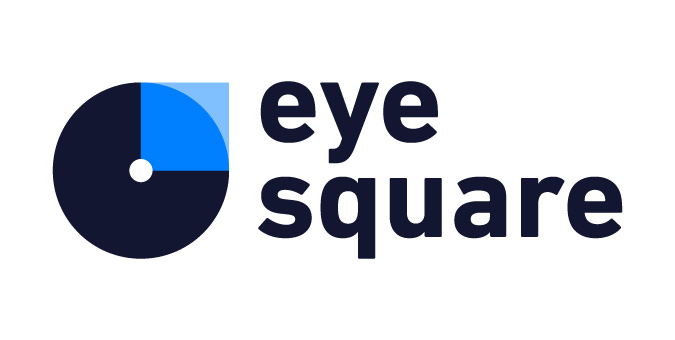06 Oct Jeff Bander on Meaningful Attention

Why Meaningful Attention Matters
In a challenging advertising market, understanding and measuring meaningful attention is crucial for brands and advertisers. Meaningful attention goes beyond simply capturing a viewer’s gaze; it involves engagement, deep processing, and action. Brands must connect attention to behaviors and actions, ultimately driving sales and ROI.
Traditional methods like surveys and focus groups have fallen short in measuring meaningful attention. Instead, brands should focus on identifying online shopping actions that demonstrate awareness, consideration, and action. These behavioral metrics provide a clear picture of how many customers are truly engaged with specific content.
The key is to prioritize action over emotions and sentiments when measuring meaningful attention. Brands should assess whether an advertisement leads to a purchase as this defines meaningful attention. Emotions and sentiments can’t accurately measure awareness, consideration, and action; only behaviors can.
This shift in perspective has significant implications for brands and advertisers. Relying solely on customer feedback is outdated; measuring meaningful attention requires unbiased testing in a natural environment, where customers are unaware they’re being assessed. Brands must evaluate ads directly in context, connecting advertising to specific behaviors like clicking through to product pages or making purchases.
In this new era of marketing research, brands have the opportunity to run real tests and improve their marketing strategies based on quantifiable data. Meaningful attention offers the chance to gain deep insights into the minds of shoppers, making it a critical focus for brands and advertisers in today’s competitive landscape.
